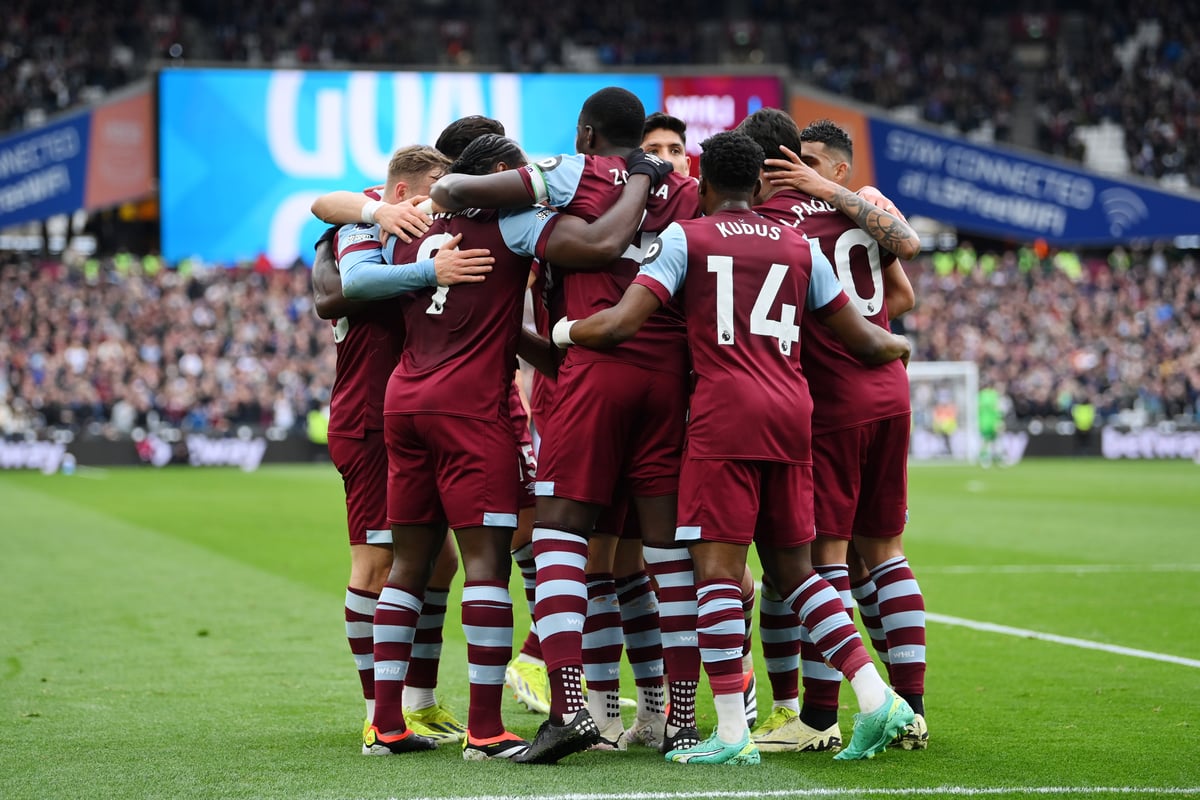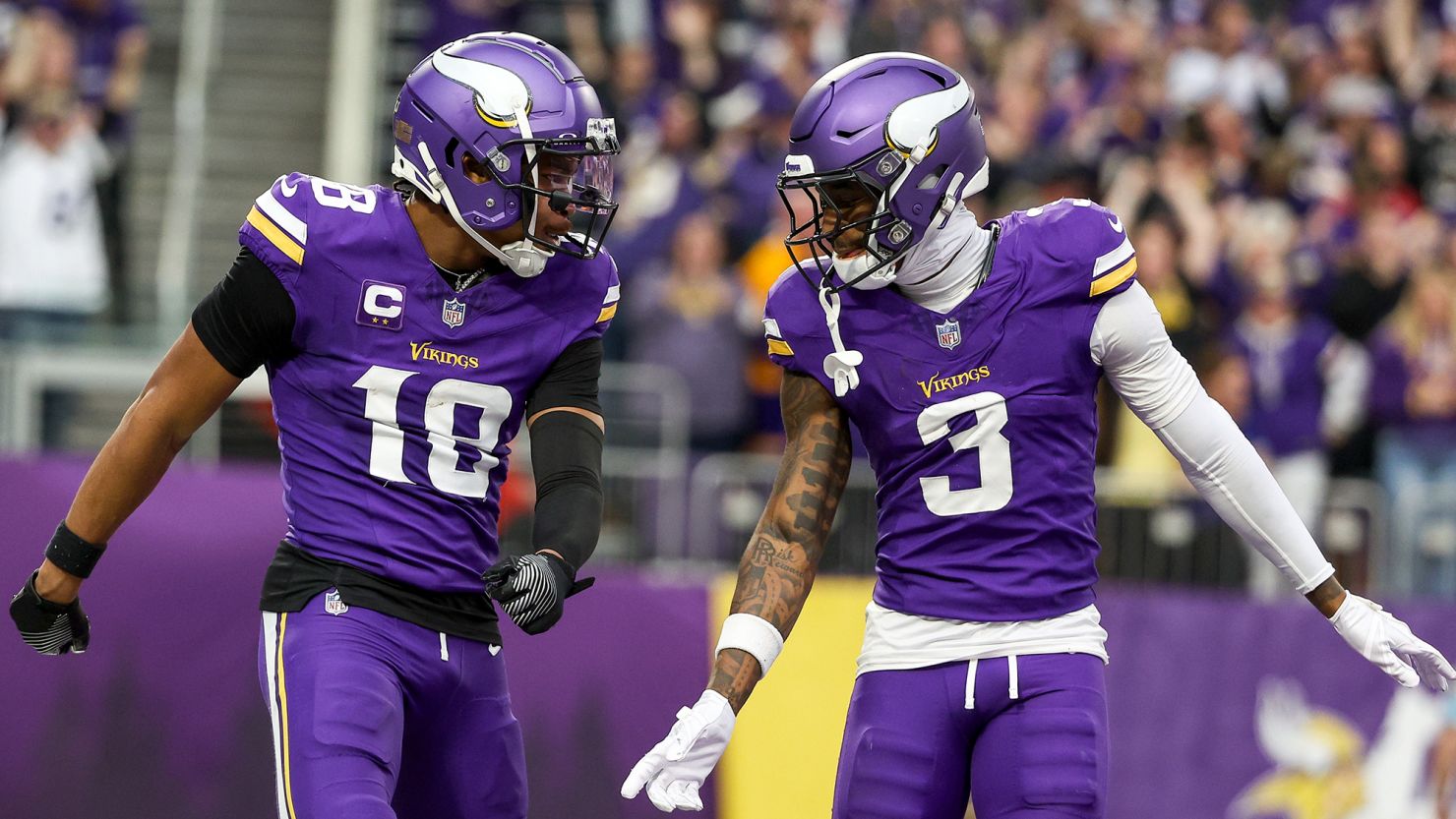In countless regions around the world, the journey of a young footballer doesn’t start in a professional academy or with a scout’s call. Instead, it begins with the support of someone rarely mentioned in official records — a local figure who steps in as a mentor, caretaker, or manager. These individuals don’t hold formal licenses or FIFA accreditation. Yet, in Africa, Asia, South America, and beyond, they play a pivotal role in nurturing raw talent and keeping dreams alive.
More Than Just Supporters
These caretakers often provide essentials—boots, food, shelter, travel money—that many young players and their families cannot afford. Sometimes they cover passport fees or medical expenses. Their help is often extended without any immediate expectation of return. In many communities, they fill a void where formal football infrastructure and financial resources are lacking.
However, once a player begins to attract attention—perhaps earning an overseas trial or signing their first contract—the relationship grows more complicated.
The Invisible Stakeholders
Though not officially recognized, these early supporters often assert themselves as key stakeholders in the player’s career. When it comes to transfers or contract negotiations, they frequently demand a share of commissions or fees—sometimes proposing a split with licensed agents or even a portion of salaries or transfer sums.
These arrangements usually happen behind closed doors, disguised as consultancy fees or informal agreements, skirting official oversight. This creates a shadow network of influence that is difficult to regulate and challenges the clean-cut narratives of modern player representation.
The Identity of “Manager” vs. Licensed Agent
For many of these figures, the title “manager” signifies more than just paperwork or registration—it reflects their emotional and historical claim. They see themselves as architects of the player’s journey: the ones who endured hardship alongside the athlete, arranged crucial support, and guided their path before any formal agent appeared.
By contrast, licensed agents are often viewed as outsiders who arrive late, responsible mainly for finalizing contracts and collecting fees. This distinction gives these local managers significant leverage—they feel entitled not only to compensation but also to control over who the player works with going forward.
In practice, this can mean that the manager handpicks the licensed agent or blocks others from entering the picture, shaping the player’s opportunities and financial outcomes. The player, especially at a young age, is rarely in a position to contest these decisions.
Embedded Networks and Conflicts of Interest
Many of these managers maintain close ties to clubs or academies where the players develop, sometimes serving unofficially as club insiders or intermediaries. This embedded role grants them privileged access and the ability to influence transfers from multiple angles.
Such dual positioning allows them to extract payments in different forms, from transfer fees to ongoing advisory payments, creating a lasting revenue stream and consolidating power in a largely unregulated environment.
Grassroots Support or Exploitative Leverage?
The motivations behind these arrangements are often complex. Many caretakers genuinely want to see young talents succeed and provide critical early-stage support where no one else will. For families in vulnerable economic conditions, this assistance can be a lifeline.
Yet, because this help is extended in the absence of formal contracts, it also opens doors for future disputes. Many caretakers view themselves as early investors entitled to returns—sometimes blurring the line between moral obligation and financial claim.
The Agent’s Tightrope
Licensed agents face a challenging dilemma. FIFA rules strictly forbid sharing commissions with unlicensed parties, but agents frequently find themselves forced into unofficial arrangements to avoid losing players to rival representatives or informal managers with strong influence.
In some instances, these managers wield extraordinary control—holding passports, financial power, or even legal documents related to the player. The result is a tacit acceptance of unofficial deals that complicate compliance and transparency.
Players Caught in the Crossfire
At the heart of this intricate web are the players, often the most vulnerable and least empowered. Bound by loyalty, gratitude, or even fear, many continue paying their early supporters long after turning professional, limiting their freedom and sometimes stalling career progression.
There have been cases where players miss international opportunities because these informal managers refuse to cooperate or demand excessive cuts, underscoring the real human cost of this grey zone.
Towards a More Transparent Future
Resolving these tensions is no simple task. The system exists because formal structures and resources are often unavailable or inadequate in many footballing regions. These managers fill a critical gap—yet the absence of regulation enables exploitation and control that can harm players long-term.
The football world must reckon with this reality. Potential solutions could include formal recognition and regulation of early supporters or expanded grassroots programs ensuring no young player depends solely on unofficial patrons.
Until such reforms take hold, licensed agents, clubs, and governing bodies will continue navigating this complicated landscape—striving to uphold integrity while acknowledging the nuanced human stories behind every emerging talent.
SOURCE: The Football Week


